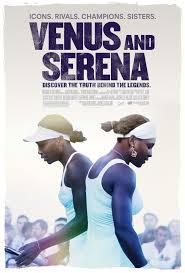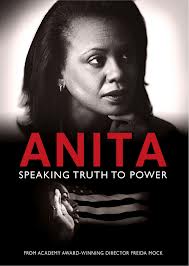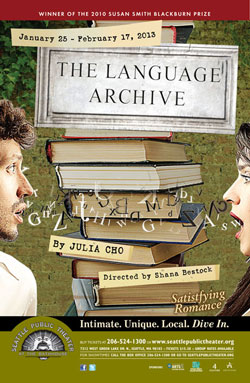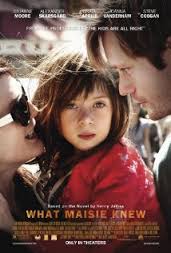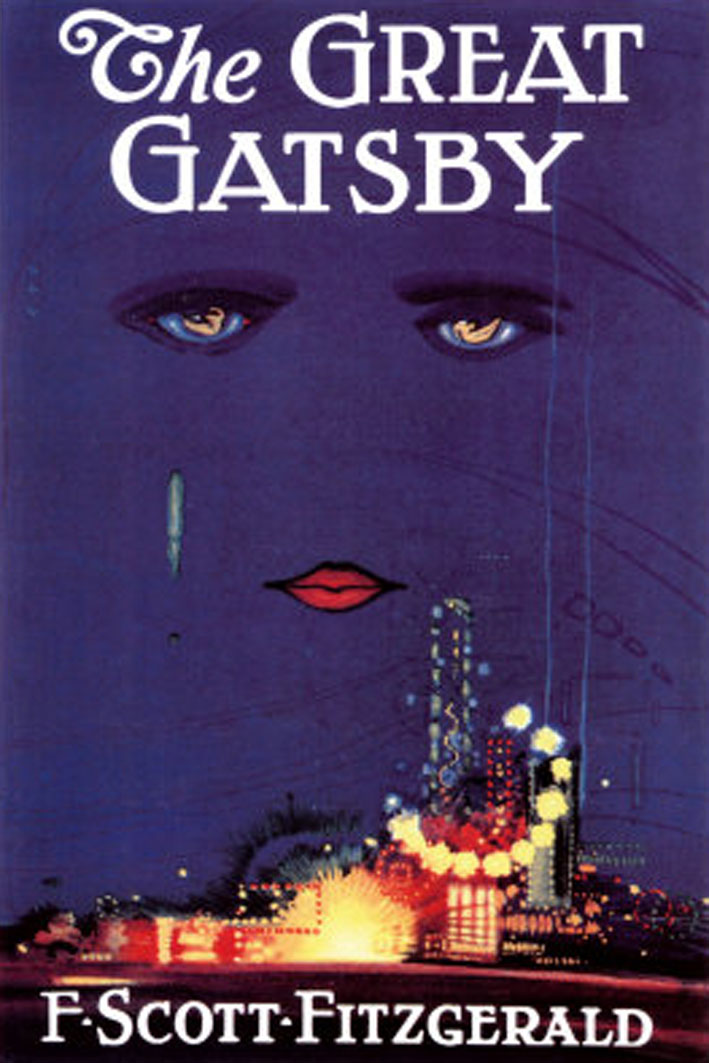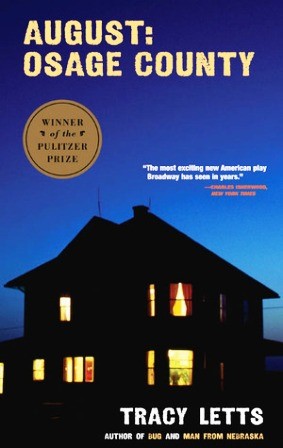It was natural when I began working in Vietnam to read all I could about the country, its people, its culture, and its history. For three years I read almost nothing else. In the process I read fiction by writers like Robert Olen Butler (A Strange Scent from a Distant Mountain), Nelson DeMille (Up Country), Anthony Grey (Saigon), the war books of James Webb, Phillip Caputo, Tim O’Brien, and Karl Marlantes as well as the North Vietnamese novel The Sorrow of War by Bao Ninh. Along the way I was introduced to the writing of Vietnamese immigrants and the children of those immigrants – writers like Andrew Lam and Angie Chau. The immigrant voices and their stories of exile and adjustment are deeply affecting.
Even though I’m not working in Vietnam any longer I feel privileged to have made the connection to these writers. Andrew and Angie have become friends of mine, and I have been able to share experiences with both of them in Saigon, San Francisco and Seattle.
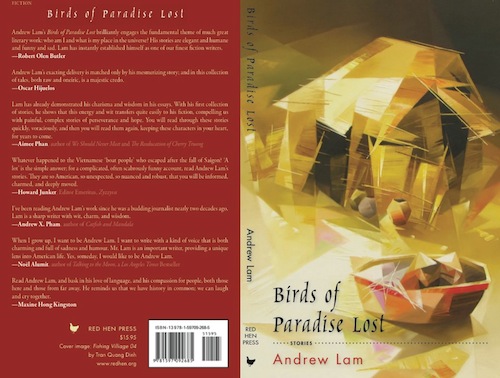 Andrew is the son of an South Vietnamese (ARVN) General whose family escaped the country during the fall of Saigon in 1975. He grew up in San Jose, studied biochemistry at UC Berkeley and prepared for a career in science until a visit to Vietnam turned his interest to writing. His 2005 book of essays, Perfume Dreams: Reflections on the Vietnamese Diaspora received a PEN Open Book Award and he followed up In 2010 with East Eats West a riff on globalization and the amalgamation of cultures. His first work of fiction Birds of Paradise Lost was published earlier this year and he read from it recently in Seattle. I haven’t read all of the stories in the collection but the two I have read demonstrate his skill as a writer and announce him as a new and polished voice in fiction. I’m looking forward to reading the rest of them.
Andrew is the son of an South Vietnamese (ARVN) General whose family escaped the country during the fall of Saigon in 1975. He grew up in San Jose, studied biochemistry at UC Berkeley and prepared for a career in science until a visit to Vietnam turned his interest to writing. His 2005 book of essays, Perfume Dreams: Reflections on the Vietnamese Diaspora received a PEN Open Book Award and he followed up In 2010 with East Eats West a riff on globalization and the amalgamation of cultures. His first work of fiction Birds of Paradise Lost was published earlier this year and he read from it recently in Seattle. I haven’t read all of the stories in the collection but the two I have read demonstrate his skill as a writer and announce him as a new and polished voice in fiction. I’m looking forward to reading the rest of them.
When he’s not writing fiction he blogs for the Huffington Post and serves as web editor for New America Media, a clearing house and resource for and about ethnic media in America.
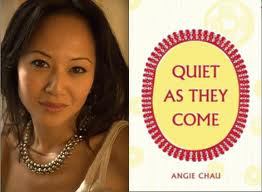 The immigrant experience is a rich and deep well to draw from, and Andrew’s friend, Angie Chau, also taps into it for her remarkable collection of short stories, Quiet As They Come, about growing up in San Francisco in a Vietnamese-American immigrant family.
The immigrant experience is a rich and deep well to draw from, and Andrew’s friend, Angie Chau, also taps into it for her remarkable collection of short stories, Quiet As They Come, about growing up in San Francisco in a Vietnamese-American immigrant family.
Angie, like Andrew, has a day job. A Berkeley graduate with a Masters in Creative Writing from UC Davis, she started her own business as a high-level executive recruiter after working in the field for a large national firm. Recently, in recognition of its importance, Quiet As They Come was chosen as a text by several university English and creative writing programs. This year Angie is juggling the executive recruiting career with stints as writer-in-residence at two prestigious programs, work on a novel in the editing stage, and preparations for her own wedding. She’s a busy woman, but as with other writers, she seems to have a gift for time management. She never seems stressed. She was in Seattle recently and Ben Stocking, former bureau chief for the Associated Press in Hanoi, Marilynn and I spent the afternoon with her at Poquito’s, a local Mexican bar/restaurant where she told us about her two week stay as a writer-in residence at Hedgebrook, a rural retreat for women writers where she put the finishing touches on her forthcoming novel.
After mining the literature of and about Vietnam for 3 years I thought I might be through with it, but the country and its people are endlessly fascinating. I know I’ll continue to follow it even though I have the opportunity to read across a broader literary spectrum now. I do think it’s curious that though I’ve been able to expand my reading list I have ended up reading other immigrant writers like Abraham Verghese and Khaled Hosseini. I didn’t consciously set out to find writers from other cultures. It just happened. More about that in another blog.






